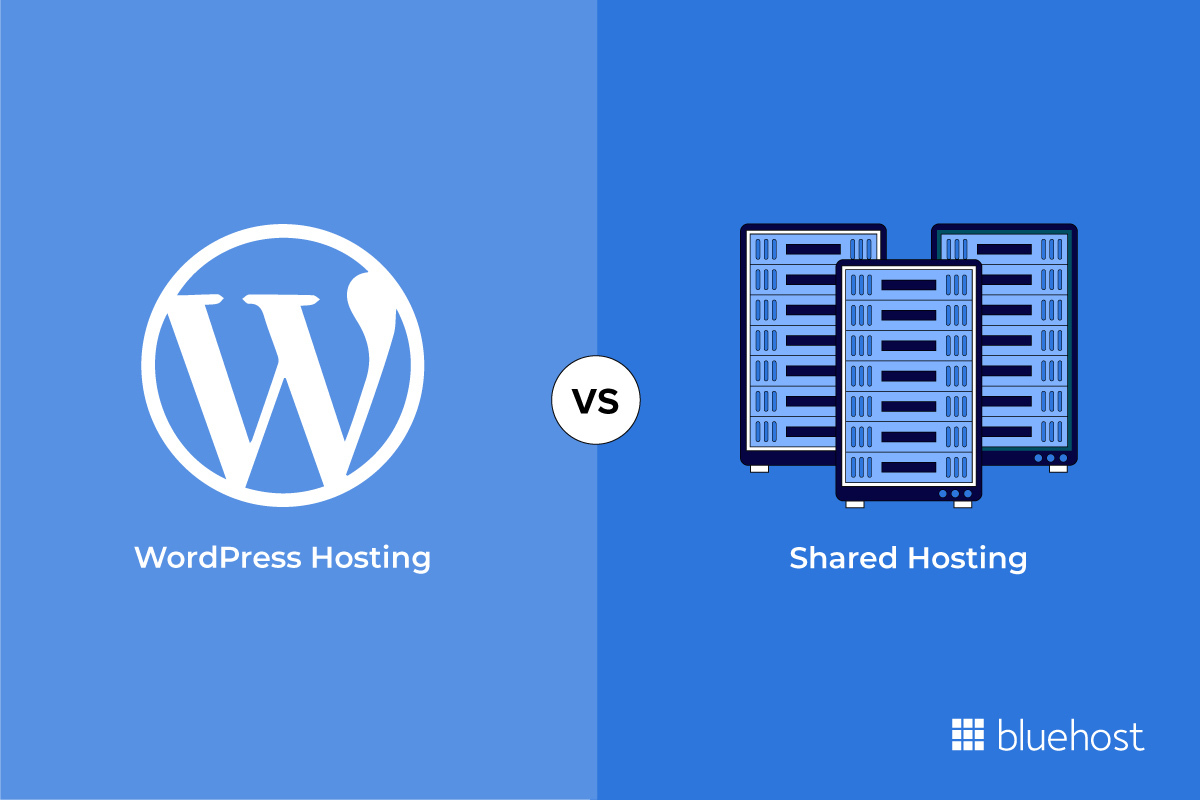WordPress Hosting And Shared Hosting: Exploring the Benefits

Are you tired of struggling to find the perfect hosting solution for your website? Look no further, as today we are diving into the two most popular options: WordPress Hosting and Shared Hosting. Whether you’re a seasoned webmaster or just starting out, it’s crucial to understand the benefits of each before making a decision.
Join us as we embark on a journey into the world of hosting services, explore their unique advantages, and ultimately help you make an informed choice that will take your online presence to new heights!
Table of Contents
What are the differences between WordPress Hosting and Shared Hosting?

When you’re looking to host a WordPress blog, there are a few different options available. You can opt for either self-hosting or shared hosting. Here’s a look at the key differences between these two types of hosting:
- Self-Hosting: With self-hosting, you take full responsibility for your site. This means setting up and maintaining everything from your server hardware to your web server software. There are several benefits to self-hosting, including control over your site’s security and access to more features and flexibility than you’d typically find with hosted WordPress sites. However, self-hosting comes with some major potential drawbacks as well. First and foremost, it can be significantly more expensive than using a hosted solution. Second, if something goes wrong with your site or the server infrastructure on which it’s based, fixing the problem may be difficult or impossible without help from someone who knows how to work with web servers (or without paying for that help).
- Shared Hosting: With shared hosting, you get access to a site on the shared server of another business or individual. This means that rather than taking complete responsibility for your website and its underlying system, shared hosting provides you with limited access to preinstalled software that hosts your website as well as basic support services such as backup and maintenance. Like self-hosting, shared hosting has its own set of advantages and disadvantages. As noted above, shared hosting is generally less expensive than using a hosted solution, but it doesn’t give you as much control over your website’s features and layout. Additionally, shared hosting can be less reliable than self-hosting, with the site often experiencing outages or other problems that can be difficult to troubleshoot.
Which is better for my blog: WordPress Hosting or Shared Hosting?
WordPress hosting is a popular content management system (CMS) for website owners and bloggers. WordPress hosts provide a free platform to create and manage your website content, while shared host providers let you use their resources to power your blog without upfront costs.
WordPress hosting is superior for small businesses or personal blogs that will only have one site. Site backups are easy with a hosted platform and you can scale up as needed without having to worry about managing dozens of servers. Shared hosting platforms can be more economical if you have multiple websites or plans to add additional sites shortly, but they’re not as versatile as WordPress hosting.
You’ll need to partner with a provider that offers custom builds and 247 customer support, which isn’t always available at affordable prices. If you want control over your site’s design and don’t mind paying for some added extras, a self-hosted WordPress environment may be best for you.
What are the benefits of using WordPress hosting and shared hosting?

WordPress is a content management system (CMS) that allows you to create a custom website or blog from scratch, or to improve an existing website. WordPress is free and open-source software released under the GPL Creative Commons license.
The main benefits of using WordPress hosting and shared hosting are:
- Increased flexibility and control: With WordPress hosting, you have complete control over your website’s content and layout. You can change the theme or add new features without affecting the site’s other users. With a shared host, changes may require coordination with other site owners or administrators.
- Greater security: WordPress is renowned for its security features, which include robust backup procedures and stringent access controls. Shared hosts typically do not offer this level of protection, which could leave your site vulnerable to malicious intrusion by third parties.
- Improved performance: Because WordPress is tightly integrated with your web server, it usually performs faster than sites hosted on shared servers. In addition, premium themes and plugins designed for use with WordPress typically perform better on dedicated servers than on shared hosts.
- Greater scalability: With WordPress, you can easily add more web pages and blogs to your website without having to worry about overcrowding or exceeding your hosting limit. Shared hosts usually do not allow extra sites to be added, meaning that your website may become bottlenecked if it becomes too large.
- Enhanced SEO: Sites hosted on WordPress tend to rank higher in search engine results, primarily because of the high level of customization and optimization that is available. Shared hosts typically do not offer this level of control or flexibility.
While there are some minor differences between WordPress hosting and shared hosting, the main benefits are largely the same. Ultimately, the decision of whether to use WordPress hosting or shared hosting comes down to personal preference and the specific needs of your website.
Conclusion
In this article, we compare WordPress hosting and shared hosting. We look at the pros and cons of each type of hosting to help you decide if it is the right solution for your website. Ultimately, it is up to you to make the decision on which platform will work best for your blog. However, by considering all of the various factors involved in web hosting decisions, you should be able to make an informed choice that meets your needs.






